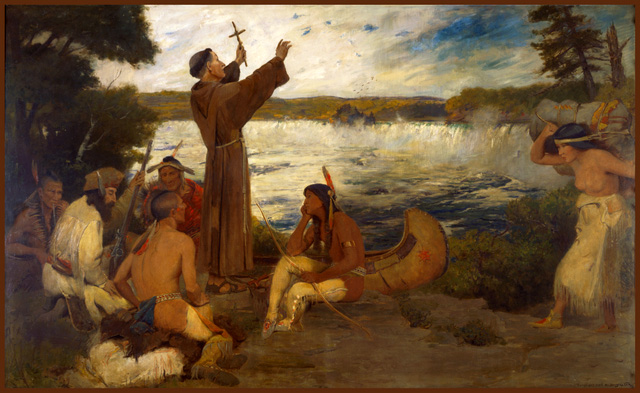
by Scott Russell at scottrussell@usfamily.net
You are invited to our inaugural film night to explore themes of racial and environmental justice. It will be Thursday, Jan. 25, from 6-9 p.m. at the Sierra Club offices, 2327 E. Franklin Ave. This is part of the Sierra Club's ongoing commitment to equity, inclusion, and racial justice.
Space is limited to 35-40 people, so we are asking for pre-registration.
Our first film will be "The Doctrine of Discovery: Unmasking the Domination Code." It helps lay the groundwork to understand the deep connections between the exploitation of Native peoples and the exploitation of land. Produced by filmmaker Sheldon Wolfchild (Dakota), the one-hour documentary traces the legacy of 15th Century Vatican edicts that provided the legal and religious justification for European monarchs and their explorers to seize “New World” lands from indigenous peoples and enslave or kill them. The Doctrine of Discovery was the forerunner to Manifest Destiny. Key elements of this Doctrine are still embedded in U.S. law today.
We will have pizza on hand, with a brief introduction about the Sierra Club's commitment to equity and diversity work. After the film, we will have a post-film discussion with Jim Bear Jacobs (Mohican), founder of Healing Minnesota Stories. Healing Minnesota Stories is an interfaith group committed to creating dialogue, understanding and healing between Native and non-Native peoples.
If this event is successful, we will offer at least one more film in 2018. If you are interested in helping plan future events, contact Sierra Club member Scott Russell at scottrussell@usfamily.net
To put this in a broader context, the Sierra Club and other environmental groups have come to understand that racial justice is not just something that we add to our work, but something that is essential to our work.
We know that climate change will have a disproportionate impact on communities of color (think Puerto Rico). We know that tar sands pipelines are having a disproportionate impact on indigenous communities (think Enbridge Line 3). We know that industrial plants and waste sites often are located near low-income communities of color (think Prairie Island and nuclear waste casks).
We need to build relationships with a broad array of community partners and be more inclusive to be an effective and just organization. This film series is an effort to increase members’ understanding of these interconnected issues and their commitment to work on them.